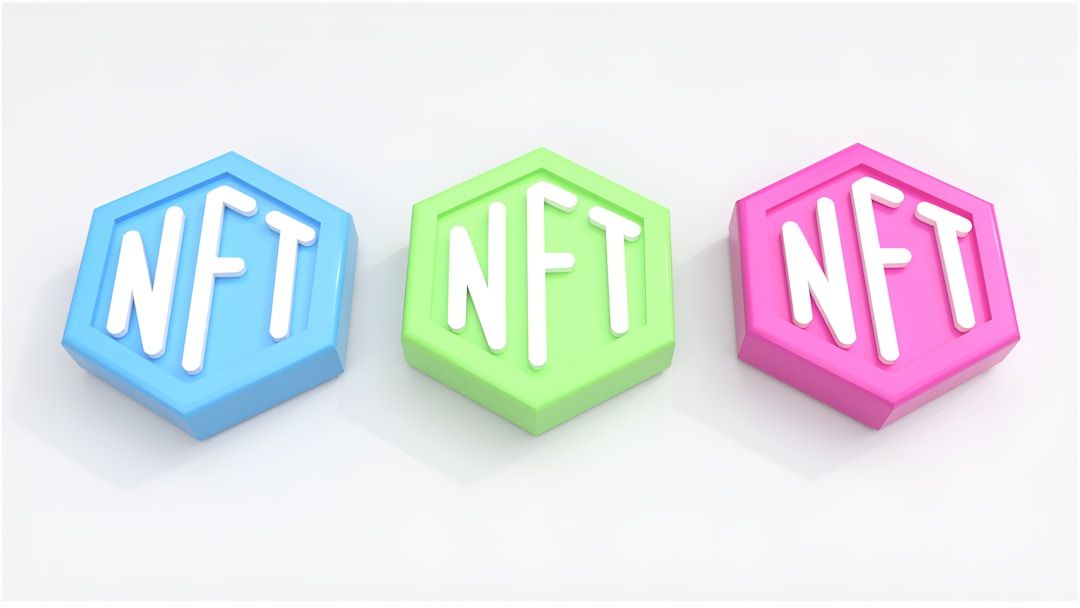Non-fungible tokens, or NFTs, are unique digital assets recorded on a blockchain. Unlike cryptocurrencies such as Bitcoin or Ethereum, which are fungible (each unit is identical to another), NFTs are one-of-a-kind. Each NFT has distinct metadata, making it perfect for representing ownership of digital art, collectibles, and real-world assets.
For beginners in NFT trading, the concept is simple: NFTs are certificates of authenticity and ownership for digital or tokenised items. While the hype initially centred on digital art, the technology is now expanding into ticketing, gaming, music royalties, insurance policies, and even fractionalised ownership of property or shares.
NFT Fundamentals
Launched: First NFT standard appeared in 2017 (ERC-721 on Ethereum)
Key Feature: Uniqueness and verifiable ownership via blockchain
Primary Chains: Ethereum, Solana, Polygon, Kaspa (emerging)
Market Maturity: Early stage, but evolving from art hype to broader utility
NFTs in Art and Collectibles
NFTs revolutionised the art world by giving digital works scarcity and provenance. The famous Beeple NFT—“Everydays: The First 5000 Days”—sold at Christie’s for $69 million in 2021, after being originally purchased for just $100 in early trades. Such sales demonstrated how NFTs could bring mainstream recognition (and serious money) to digital art.
Beyond million-dollar headlines, NFTs enable independent artists to sell directly to global audiences without galleries, keep royalties from resales, and maintain a lasting connection to collectors.
Disrupting Industries
NFTs aren’t limited to art:
Ticketing: Issuing event tickets as NFTs reduces fraud, adds resale transparency, and allows organisers to earn royalties on secondary sales.
Insurance: Policies could be minted as NFTs for faster claim processing, clearer ownership, and fraud prevention.
Shareholding: NFTs can represent fractional shares in assets—such as real estate, private companies, or even rare wine—allowing greater liquidity and accessibility.
Are NFTs a Good Investment?
Like all emerging markets, NFTs come with risks—prices can be highly volatile, and not every project holds long-term value. The most successful NFT investments are typically tied to established artists, credible brands, or strong utility beyond speculation.
The thing to remember about NFTs:
NFTs are more than art hype—they’re a blockchain-powered ownership layer with the potential to disrupt multiple industries.


